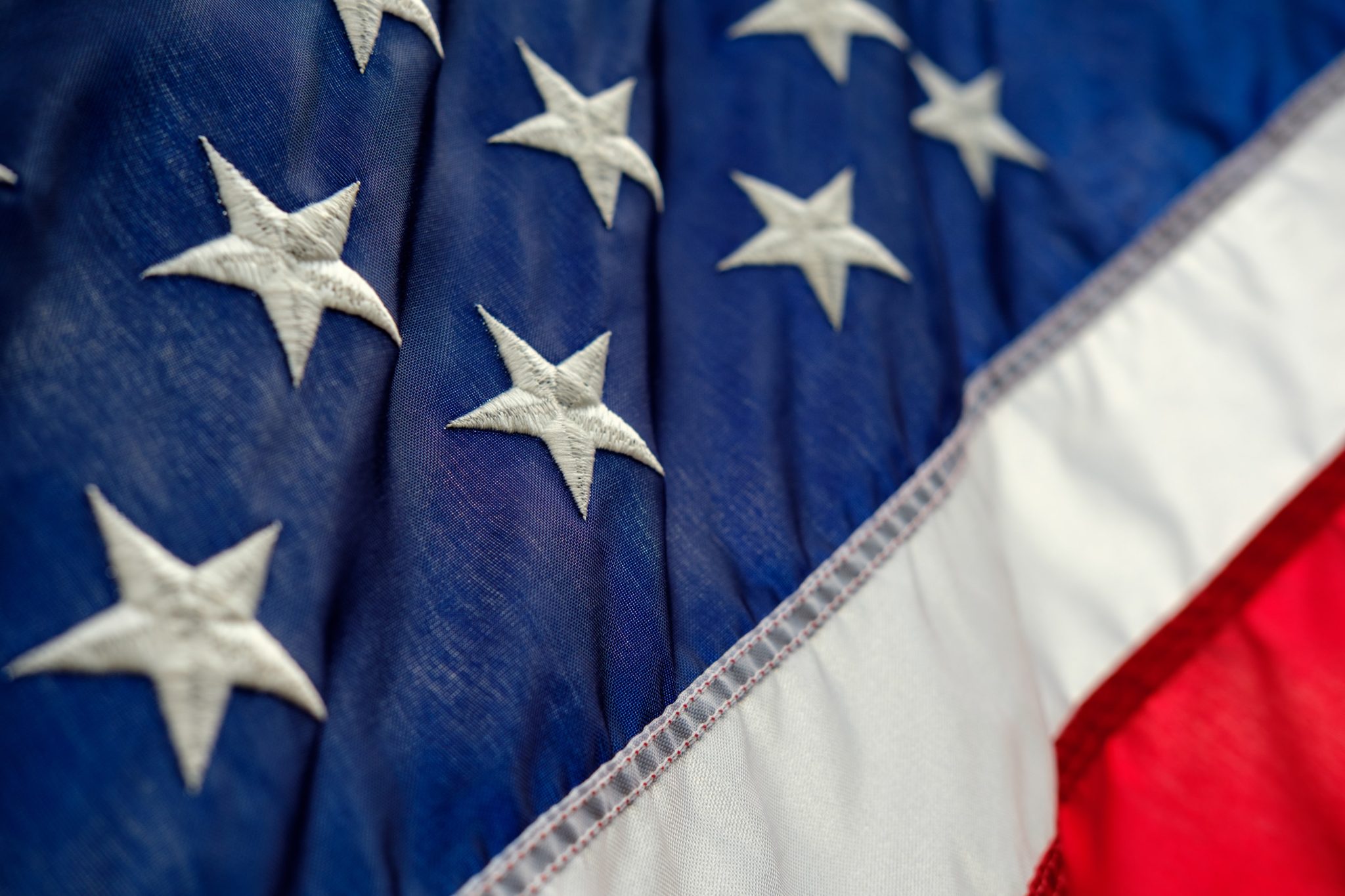
Editor’s Note: This article was originally published by RealClearWire on December 7, 2021 and is crossposted here with permission.
The American Idea podcast looks “to restore an understanding of the history and principles that show us what it means to be an American,” says Ashbrook Center executive director Jeff Sikkenga.
Presented by Ashbrook, the podcast “explores America’s Founding principles and their effect on American history and government.” Sikkenga notes that it “elevates lively and thoughtful conversations with renowned academics and public figures based on questions rooted in the fundamental documents and debates of America.” It’s what he calls “the Ashbrook way of teaching and learning.”
This approach, he says, transcends “accidents of time, place, class, and gender to pursue the truth with others through conversation.” It is an old idea of education, stretching back at least as far as Socrates and summarized in the Jeffersonian principle that “Almighty God hath created the mind free.” It’s neither about simply amassing information nor being subjected to indoctrination – rather, it amounts to a joint effort by teachers and students to pursue truth.
Greg McBrayer, the podcast’s executive producer and associate professor of political science at Ashland University, cites evidence from “study after study” showing that students “lack a basic civic understanding.” Unfortunately, he says that “few universities are filling in the gaps.” He points to a recent ACTA study that found “only 18% of American universities require a foundational course in U.S. history or government.” The podcast aims to correct this flaw by bolstering American civic knowledge.
Hosted by Sikkenga, conversations are centered around key American documents and speeches including the Declaration of Independence, Frederick Douglass’s “What to the Slave Is the Fourth of July?,” Calvin Coolidge’s speech on the 150th anniversary of the signing of the Declaration, and Abraham Lincoln’s Second Inaugural.
The America Idea podcast’s 16 episodes have featured Ashbrook’s own Christopher Burkett, John Moser, Jason Stevens, and McBrayer, and affiliated scholars including Lucas Morel, Joseph Fornieri, and Donald Drakeman. The most popular episodes feature journalist Mollie Hemingway, and, just recently, a special conversation with former Vice President Mike Pence.
Sikkenga calls hosting Vice President Pence a “great honor and a delightful surprise.” He notes that Pence was a “history major as an undergraduate and even wrote his senior paper on ‘The Religious Expression of Abraham Lincoln.’” Pence “knew a lot about American history and principles and clearly has thought about how to bring them to bear on contemporary political issues.”
The podcast’s producer and director – himself an Ashbrook alumnus – Tyler MacQueen reflects on the unique opportunity to speak to someone “who held the same office as John Adams, Thomas Jefferson, and George H.W. Bush.” He reports that nearly half a million people – many of whom have not heard of Ashbrook previously – have listened to or watched the Pence conversation. (Episodes are available on Ashbrook’s YouTube channel.)
According to McBrayer, the podcast “makes it known to a wider audience that Ashbrook is a national leader in civics education.” It complements Ashbrook’s larger efforts, including its high school teacher-education programs and Teaching American History, which has been newly updated and offers a vast library of free primary source documents.
The podcast reminds people that though America is imperfect, it is fundamentally good. “We want our listeners to come away from each episode thinking deeply about our history and government in light of our principles – not in spite of them,” MacQueen states. “We want them to confront their own notions of America and challenge them in productive and civil ways.”
Pointing to the recent removal of Thomas Jefferson’s statue in New York’s City Hall and Lincoln’s name from some high schools, MacQueen argues that many citizens have not “had the chance to engage with the past critically” and “grapple with some tough questions” without simply denouncing the country. He hopes the podcast can remedy this situation “by providing some answers and getting people to think and talk with one another.”
Future guests include Catholic thinker and columnist Sohrab Ahmari, professor Justin Dyer speaking on the politics of C.S. Lewis, and Hillsdale associate professor Adam Carrington, an Ashbrook alumnus, discussing the best and worst Supreme Court decisions. A special episode will cover former Ashbrook executive director Peter Schramm’s important essay “Born American, but in the Wrong Place.”
“At a time when our fundamental principles, institutions, and statesmen are being torn down or cancelled,” MacQueen argues that The American Idea podcast “reminds people of what makes America ‘the last best hope,’ as Lincoln put it.” As McBrayer concludes: “We will always be committed to producing some of the best conversations on the idea of America.”
Image: Luke Michael, Public Domain
Wow.
I never knew that Silent Cal was this good a speaker!